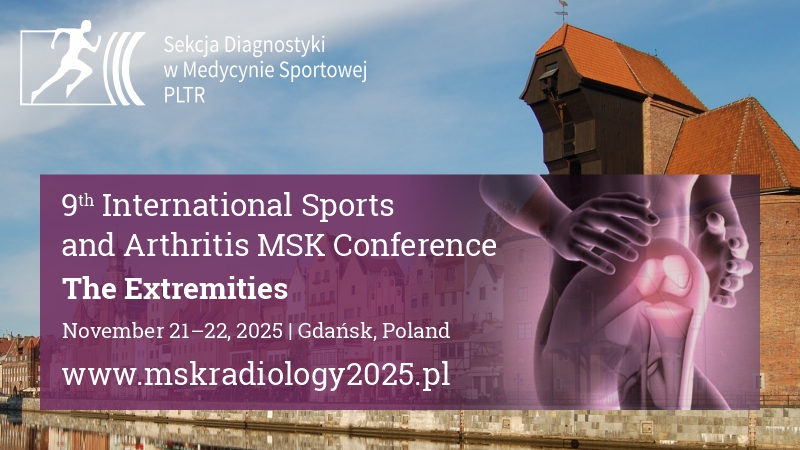Sonography of iatrogenic pneumothorax in pediatric patients
Wojciech Kosiak
 Affiliation and address for correspondence
Affiliation and address for correspondencePneumothorax is defined as the presence of air in the pleural cavity. The incidence of iatrogenic pneumothorax in the pediatric population is 0.3–0.48 in 1000 patients. A conventional chest X-ray, in some cases supplemented with chest computed tomography, is a typical imaging examination used to confirm the diagnosis of pneumothorax. Within the last years, the relevance of transthoracic lung ultrasound in the diagnostic process of this disease entity has greatly increased. This is confirmed by the opinion of a group of experts in ultrasound lung imaging in patients in a life-threatening condition, who strongly recommend a transthoracic ultrasound examination for the diagnosis of pneumothorax in such patients. These data constituted the basis for initiating the prospective studies on the application of this method in pneumothorax diagnosis in patients of pediatric hematology and oncology wards. Aim: The aim of the study was to present the possibility of using the transthoracic lung ultrasound in the diagnostic process of pneumothorax in pediatric patients, with particular attention paid to its iatrogenic form. The article discusses sonographic criteria for pneumothorax diagnosis in pediatric patients, including the sensitivity and specificity of the method, in relation to conventional chest X-ray. Material and methods: The prospective studies included a group of patients treated in the Clinic of Pediatrics, Pediatric Hematology, Oncology and Endocrinology of the Academic Clinical Centre (Medical University of Gdańsk, Poland) in whom a central venous catheter was placed in the subclavian veins. The studies lasted for one year – from 1 July 2011 to 30 June 2012. The examined group comprised 63 patients – 25 girls (39.7%) and 38 boys (60.3%) aged from 1 to 17. The analysis included the results of 115 ultrasound examinations conducted in this group. Results: In t he examined group with suspected or diagnosed neoplasm, iatrogenic pneumothorax was identified in 4 out of 63 patients (6.3%). In all cases, it was a consequence of procedures connected with the introduction of a central catheter. In the examined material, the sensitivity, specificity and predictive values (positive and negative) of the transthoracic lung ultrasound equaled 100%. Conclusions: The transthoracic ultrasound examination is a highly effective method in diagnosing iatrogenic pneumothorax in pediatric patients. However, to confirm this conclusion, multicenter studies, among considerably larger populations, are necessary.








